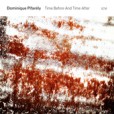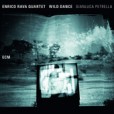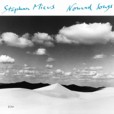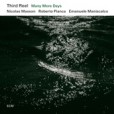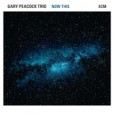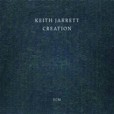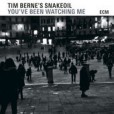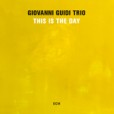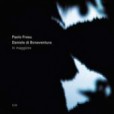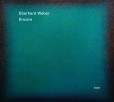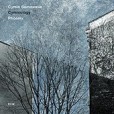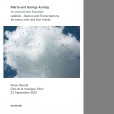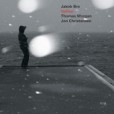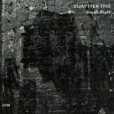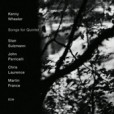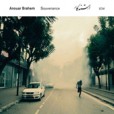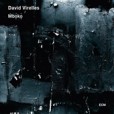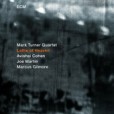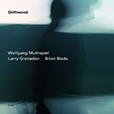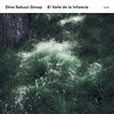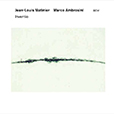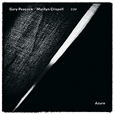Your basket is empty

Playing ndingo, genbri, guitars, suling, nay, rewab, rabab and shakuhachi, and singing.
Powerful new trio versions of Peacock classics, interspersed with recent compositions — including work by pianist Marc Copland and drummer Joey Baron — and a reading of Scott La Faro’s Gloria’s Step.
GP — bassist on Spiritual Unity — was eighty this year.
A companion volume to Résumé, from 2011, retrieving EW’s bass solos with the Jan Garbarek Group, 1990-2007, and reworking them with the addition of his own keyboard parts and contributions from veteran Dutch flugelhorn player Ack van Rooyen (who played on The Colours of Chloë, more than forty years ago). New Music with old things, EW calls it.
Cymin Samawatie and her trio, joined by violist Martin Stegner as a kind of second singer, deepening the sense of East/West dialogue in the music. Settings of the Iranian poet Forough Farrokhzaad — to whom the album is dedicated — besides Cymin’s own lyrics, classic Sufi poetry by Hafiz, and the verse of Nima Yushij.
‘What playing!’ raved Alex Ross in the New Yorker. ‘Notes were placed with surgical care; inner voices gleamed in crystalline patterns; elusive emotional states were painted with quick, light strokes.’
A compendium of tiny homages to composers from Scarlatti to Stravinsky, and tributes to colleagues and influences, interspersed with heart-stopping Bach transcriptions. The wit and sublimity of these games, the incisiveness of the playing, four hands on the piano, and the affection between the elderly partners, are really something to see. Off the beaten path for us, but hotly recommended.
Brilliant piano-trio jazz; warmly recommended.
‘Break Stuff’: what happens after formal considerations… a time for action… breakdowns, breakbeats, break dancing…
Hood is a humbly bamboozled tribute to Robert Hood. Work is for Iyer’s beloved Thelonious Monk. Countdown sets Trane to a West African rhythm. Mystery Woman is driven by the compound pulses of South Indian drumming. There’s a desolate, barely-there solo version of Billy Strayhorn’s Blood Count…
The last recording by the late Canadian trumpeter — such a mainstay of contemporary UK jazz — stamped with his trademark melancholy… lyrical, sly, sinuous. ‘As a graceful coda to a wonderful career, not to be missed by anyone who ever fell under Kenny’s spell, however belatedly’ (Richard Williams).
A hypnotic, at times starkly dramatic meditation on the Arab Spring by the wonderful Tunisian oud player. Persistently framed by shimmering, glowing strings, the quartet marks the return of pianist Francois Couturier — from Le Pas Du Chat — alongside Klaus Gering on bass clarinet, and bassist Bjorn Meyer.
Top-notch quartet-jazz, feeling and brainy. MT evokes Trane — though no chordal instrument here — and Shorter (to Avishai Cohen’s Miles). There are tributes to Stevie — ‘master of the blues’ — and Ursula Le Guin. ‘It needs to be personal, meaningful, otherwise the blues can be banal. I believe it to be sacred, like a spiritual discipline.’
The Austrian guitarist with Larry Grenadier and Brian Blade, lyrical and grooving by turns.
The wonderful bandoneon player. ‘The work is alive with different genres: from dances such as zamba to carnavalito to chacarera… the tango… the milonga, wounded yet strong, intrinsic yet expressive.’
Alluring duets by Swedish nickelharpa and accordion, inspired by Bach’s sonatas and Pergolesi. (You might recall Matinier from sessions with Anouar Brahem and Louis Sclavis.)
